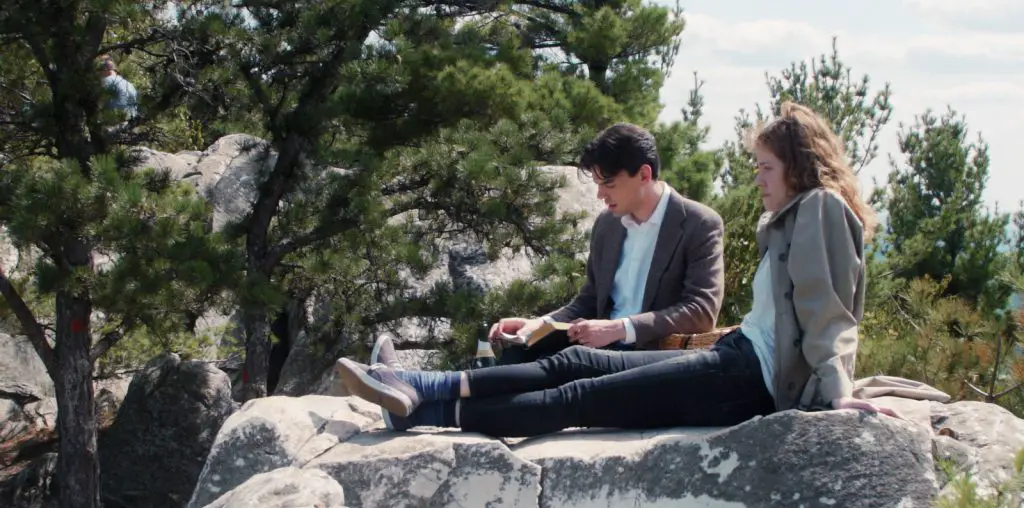
The point really isn’t that Dustin Hoffman’s directorial debut suffers in comparison to other films about old age such as Amour; the point is it’s so spectacularly silly and sentimental it simply suffers in comparison to other films.
The actor-turned-auteur isn’t entirely to blame for this. Ronald Harwood (The Dresser), whose script was adapted from his own play, is responsible for concocting all 99 minutes of Quartet‘s corny, cloying nonsense. Hoffman just made the inexplicable decision to bring it to the screen.
The setting is an English manor called Beecham House which serves as a home for retired musicians and opera singers. The premise is straight out of an old Mickey Rooney movie: The business is in danger of folding so the residents have decided to come to its rescue by-you guessed it-putting on a show.
One of the reasons I use a word like “nonsense” is the fact that Beecham is obviously a pricey operation. It’s the sort of picture-perfect country estate rock stars get away from it all in so, when we see that the performance space seats approximately fifty, it’s hard to imagine how the show’s going to raise enough to save more than, say, the joint’s croquet court.
But that doesn’t stop and some extremely long in the tooth guests from taking the mission extremely seriously. The quartet in question consists of: Wilf (Billy Connolly), the lech in residence. This is the kind of movie that thinks sexual harassment is cute so long as the guy behind it is old and sounds like Fat Bastard.
Pauline Collins plays Cissy, the film’s official ditz. Quartet is also the kind of movie that plays dementia for giggles. Then we have Tom Courtenay as Reggie. He has perhaps the picture’s most embarrassing scene, a bit of baloney in which he lectures visiting teens on the similarities between opera and rap. Really. Last and anything but least is Maggie Smith’s Jean.
In addition to being the film’s official diva, she was briefly married to Reggie many years earlier. Her arrival at the home raises the two questions which drive the action, such as it is-1 Will she reunite with Reggie? 2 Will she reunite with Wilf, Cissy and Reggie (with whom she performed in their prime) for the climactic concert?
A more pressing question is are you likely to care, or even be awake, by the time the third act hobbles into view. I can’t imagine why anyone would. There isn’t a believable moment in this saccharine cartoon. Or a plot development a cataract patient couldn’t see coming a mile away. At the risk of being accused of blasphemy, I would ask additionally whether the world really needed another film in which a bitter Maggie Smith character sweetens up just in time for the closing credits.
Speaking of which: the credits are the one part of the picture which proves moderately captivating. Hoffman filled his fictional retirement home for musicians (there’s a real one in Italy) with true life performers and includes a photo of each from their heyday along with a career synopsis. It’s a motley crew that includes famed soprano Gwyneth Jones, Ronnie Hughes, who played trumpet in Sinatra’s orchestra, and Andrew Sachs, who played Manuel in the John Cleese series Fawlty Towers.
OK, I can’t explain why he’s there but it was nice to see him. It’s nice to see a number of Quartet‘s terrifically gifted Brits-the great Michael Gambon has a small role as the benefit’s flamboyant organizer-though it would have been a whole lot nicer had they been given something worthy of their gifts to do. The bottom line: I’m not sure what convinced Hoffman this was the perfect project for his first time behind the camera. The end result makes an infinitely better case for it being his last.
